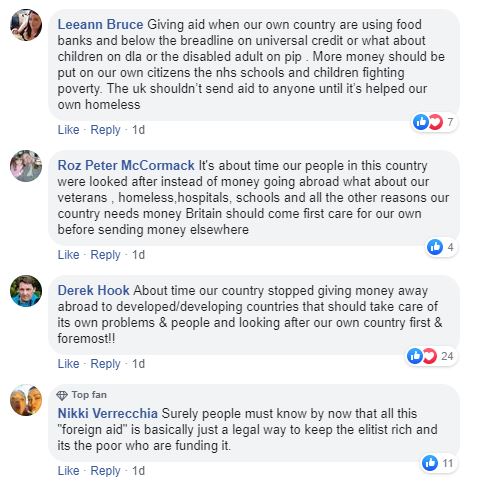It is not her travel to London for a full week, purposely to attend her son’s graduation, that incited many Malawians; it is how much she is reported to have spent in that short period.
In only a week, First Lady Gertrude Mutharika, wife of the president of Malawi, is reported to have enjoyed an £80,000 ($98,300) holiday in London when her country receives £65million ($79,899,000) a year in aid from the very country she went on holiday.
Mrs Mutharika went to the UK to see her son Tadikira Mafubza – the president’s stepson – receive his master’s degree in civil engineering from the University of Greenwich in Kent.

As part of the delegation that accompanied the First Lady was a large group of aides, including the vice president’s wife, Judith Chimulirenji. They all reportedly stayed at the five-star Dorchester Hotel, where rooms typically cost £700 ($860) to £900 ($1,106) a night – and suites have a price tag of up to £5,500 ($6,760).
Reports of the trip have caused outrage in the African state, where many are forced to survive on less than £1 ($1.2) a day.

A source, speaking to The Sun UK, said the First Lady was taking the citizens for granted.
They told the Maravi Post: “Mrs Mutharika has gone there with over 12 personal assistants while Mrs Chimulirenji with 10 personal assistants on this trip to the UK.”
They said: “They are all flying business class. I think this is taking Malawians for granted. What is Mrs Chimulirenji doing in the UK? Escorting a friend to the UK as if they are going to Chinakanaka market? We are being taken for granted as Malawians,” a source at the Office of the President and Cabinet in capital Lilongwe blasted.
The Malawian authorities admit it was a government-funded trip. It is believed she also hired a UK-based security team to accompany her.
Malawi is a former British colony known as Nyasaland and has received billions of pounds in aid from the UK over the past 50 years.
Historically, landlocked Malawi’s economic performance has been constrained by policy inconsistency, macroeconomic instability, limited connectivity to the region and the rest of the world, poor infrastructure, rampant corruption, high population growth, and poor health and education outcomes that limit labor productivity.
The government has run large fiscal deficits in recent years, and the costs of debt service are rising. Pervasive corruption deters foreign investment. The judicial system is independent but also slow and inefficient.












